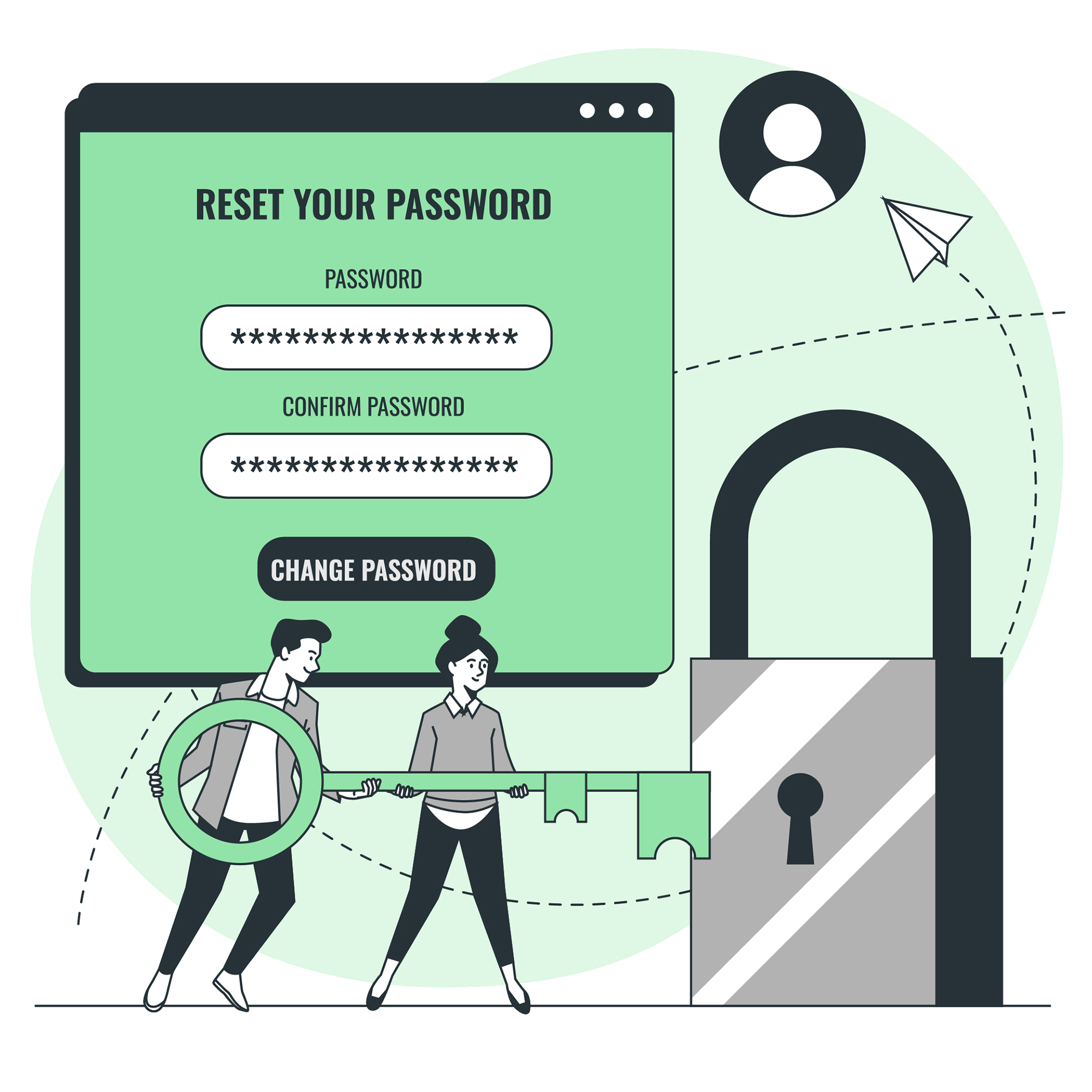What is a data breach?
In the current digital age, data breaches have become commonplace, and their implications on individuals can be severe. A data breach refers to the unauthorized access, loss or theft of sensitive data from an organization’s computer network or system. Personal information, including names, addresses, social security numbers, passwords, and bank account or credit card details, may be compromised in the process. This article will discuss the possible implications of a data breach on individuals.
Types of personal data affected in a breach
Data breaches can affect various types of personal data. For instance, a cyber-attacker can steal your financial information, including credit card details or bank account information, and subsequently siphon your money without your knowledge. Alternatively, your personal data, like your name, address, date of birth, and social security number, can be used by identity thieves to obtain loans and carry out other fraudulent activities in your name.
Implications of data breaches on identity theft
One of the most devastating effects of a data breach is identity theft. This crime involves stealing someone’s personal information and using it to carry out fraud. Cybercriminals can use stolen identities to open credit cards, take out loans, or even file for a tax refund in your name. Identity theft can have severe and long-lasting consequences on your credit score, making it difficult to borrow money or obtain credit when required.
Consequences of data breaches on financial fraud
When your financial information is exposed in a data breach, cybercriminals can use it to commit fraud. Financial fraud can range from unauthorized charges on your credit card to draining your bank account completely. In some cases, cybercriminals can use your personal information to obtain loans or credit in your name, leaving you in debt and with a damaged credit score.
Risks of data breach on personal reputation
A data breach can also damage your personal reputation. For example, if your email address or social media account information is leaked, cybercriminals can use your identity to engage in activities like cyberbullying, posting inappropriate content or sending spam messages, which can damage your personal and professional image.
Legal considerations for data breach victims
Individuals whose data has been breached may have legal recourse to address the impact of the breach. Depending on the circumstances of the data breach, you may be eligible for a settlement or compensation. However, the legal actions available to you will depend on the specific laws and regulations governing data protection in your country.
Steps to take after a data breach
If you suspect or confirm that you are a victim of a data breach, take quick action to mitigate the possible damages. Notify the impacted organization, change passwords on all affected accounts, monitor accounts for suspicious activity, and consider credit monitoring services. Additionally, report any suspicious activities to relevant authorities.
Importance of prevention measures against data breaches
Preventing data breaches from occurring is crucial. Individuals can take steps to protect their personal information, including using strong passwords, limiting the amount of personal information shared online, avoiding public Wi-Fi, and enabling two-factor authentication. Organizations can also implement cybersecurity measures like firewalls and encryption to safeguard their networks.
Impact on company reputation after a data breach
Data breaches can also harm an organization’s reputation, particularly if the breach involves clients’ personal data. A company’s reputation is a vital asset that can take years to build and only moments to destroy. A data breach can lead to a loss of business, trust from clients, and negative publicity that can follow an organization indefinitely.
The lasting effects of a data breach
In conclusion, data breaches present significant threats to individuals’ personal information and can lead to identity theft, financial fraud, and reputational damage. It is essential for individuals and organizations to take preventive measures as well as response practices in the event of a data breach. The ramifications of a data breach can be far-reaching and long-term, highlighting the importance of prioritizing cybersecurity in the digital age.




![Crafting Unforgettable Passwords: A Guide for Developers A string of random characters typically has higher entropy compared to a few common words due to the vast number of possible combinations. For example, a 10-character lowercase password has roughly the same entropy as a 4-word passphrase picked from a 5000-word dictionary [5].](https://passwordclinic.com/wp-content/uploads/2024/06/automation-section-3-150x150.webp)




![A string of random characters typically has higher entropy compared to a few common words due to the vast number of possible combinations. For example, a 10-character lowercase password has roughly the same entropy as a 4-word passphrase picked from a 5000-word dictionary [5].](https://passwordclinic.com/wp-content/uploads/2024/06/automation-section-3.webp)

